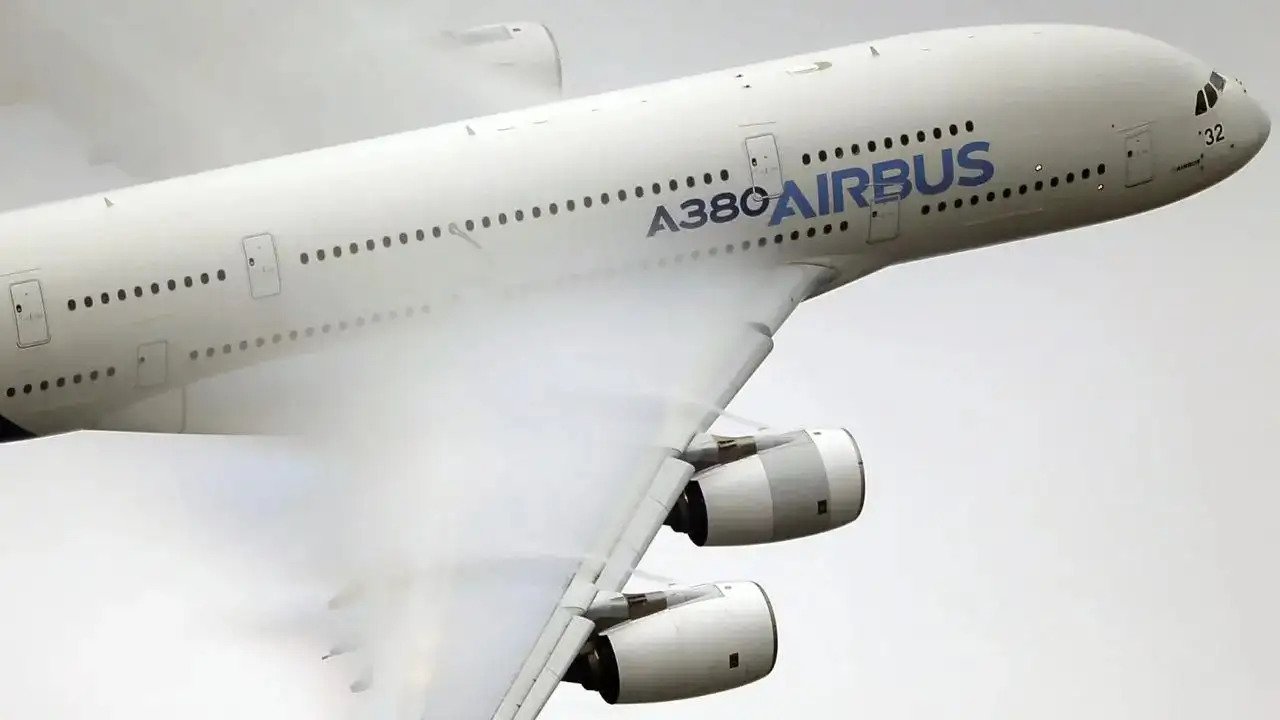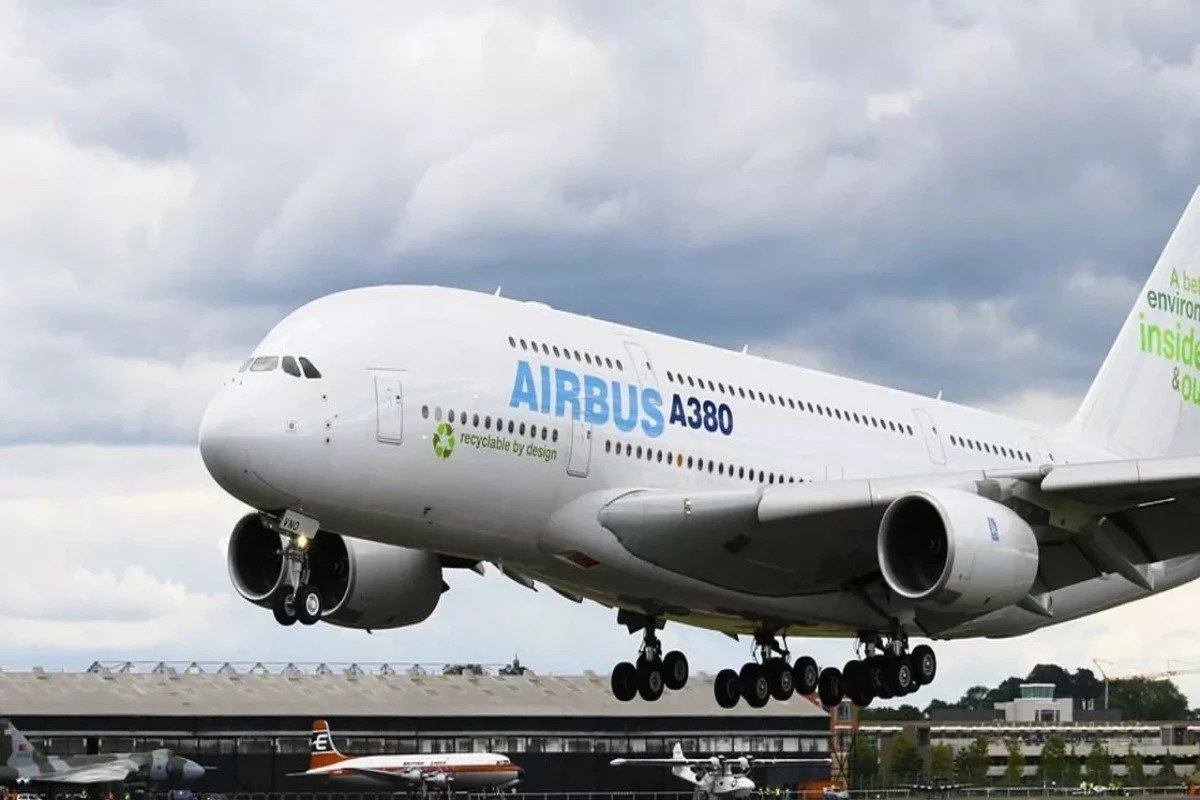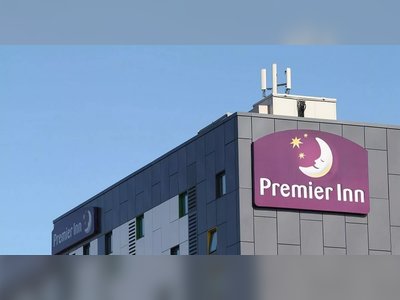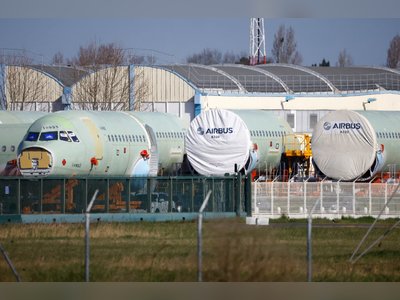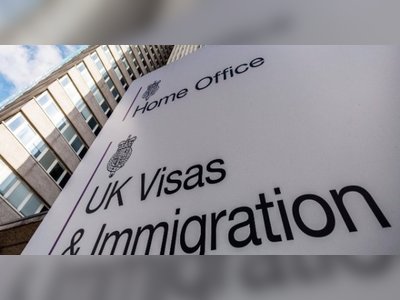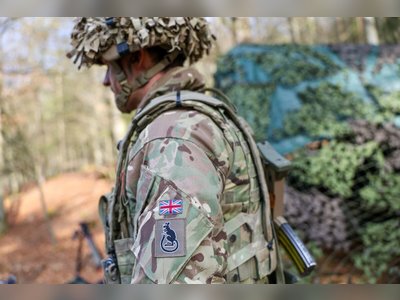Airbus Orders Emergency Fix for Six Thousand A320 Jets After Solar-Radiation Control Fault
Urgent software and hardware repairs mandated worldwide after investigators link intense solar exposure to flight-control data failures
Airbus has ordered an immediate global repair programme for roughly six thousand A320-series aircraft after investigators confirmed that intense solar radiation can disrupt critical data used by the jets’ flight-control systems.
The directive follows a safety incident on 30 October, when a JetBlue A320 flying from Cancún to Newark abruptly pitched downward without pilot input and diverted for an emergency landing in Tampa.
No casualties were reported, but the event triggered a full technical review.
Engineers identified a failure in the aircraft’s ELAC 2 flight-control computer, a unit responsible for managing pitch stability and preventing excessive or unintended manoeuvres.
According to Airbus, under rare but intense solar-radiation conditions, data processed by this system can become corrupted, undermining the aircraft’s ability to maintain stable control.
Airlines are required to install a new software patch on most affected aircraft, a procedure expected to take only a short period of downtime.
However, about one thousand older A320 jets will need full hardware replacements to eliminate the vulnerability, requiring temporary grounding while the work is carried out.
The A320 family is the most widely used narrow-body aircraft in global commercial aviation, meaning the directive is likely to affect flight schedules across multiple regions.
Carriers now face the challenge of integrating mandatory maintenance into already strained operational timetables, with financial and logistical impacts expected to be significant.
The recall adds to earlier maintenance pressures on the sector, including previous engine issues affecting newer A320neo models.
Airbus stated that while the corrective actions may cause disruptions for passengers and airlines, the company considers rapid implementation essential to ensuring flight-control integrity across the global fleet.
The directive follows a safety incident on 30 October, when a JetBlue A320 flying from Cancún to Newark abruptly pitched downward without pilot input and diverted for an emergency landing in Tampa.
No casualties were reported, but the event triggered a full technical review.
Engineers identified a failure in the aircraft’s ELAC 2 flight-control computer, a unit responsible for managing pitch stability and preventing excessive or unintended manoeuvres.
According to Airbus, under rare but intense solar-radiation conditions, data processed by this system can become corrupted, undermining the aircraft’s ability to maintain stable control.
Airlines are required to install a new software patch on most affected aircraft, a procedure expected to take only a short period of downtime.
However, about one thousand older A320 jets will need full hardware replacements to eliminate the vulnerability, requiring temporary grounding while the work is carried out.
The A320 family is the most widely used narrow-body aircraft in global commercial aviation, meaning the directive is likely to affect flight schedules across multiple regions.
Carriers now face the challenge of integrating mandatory maintenance into already strained operational timetables, with financial and logistical impacts expected to be significant.
The recall adds to earlier maintenance pressures on the sector, including previous engine issues affecting newer A320neo models.
Airbus stated that while the corrective actions may cause disruptions for passengers and airlines, the company considers rapid implementation essential to ensuring flight-control integrity across the global fleet.
